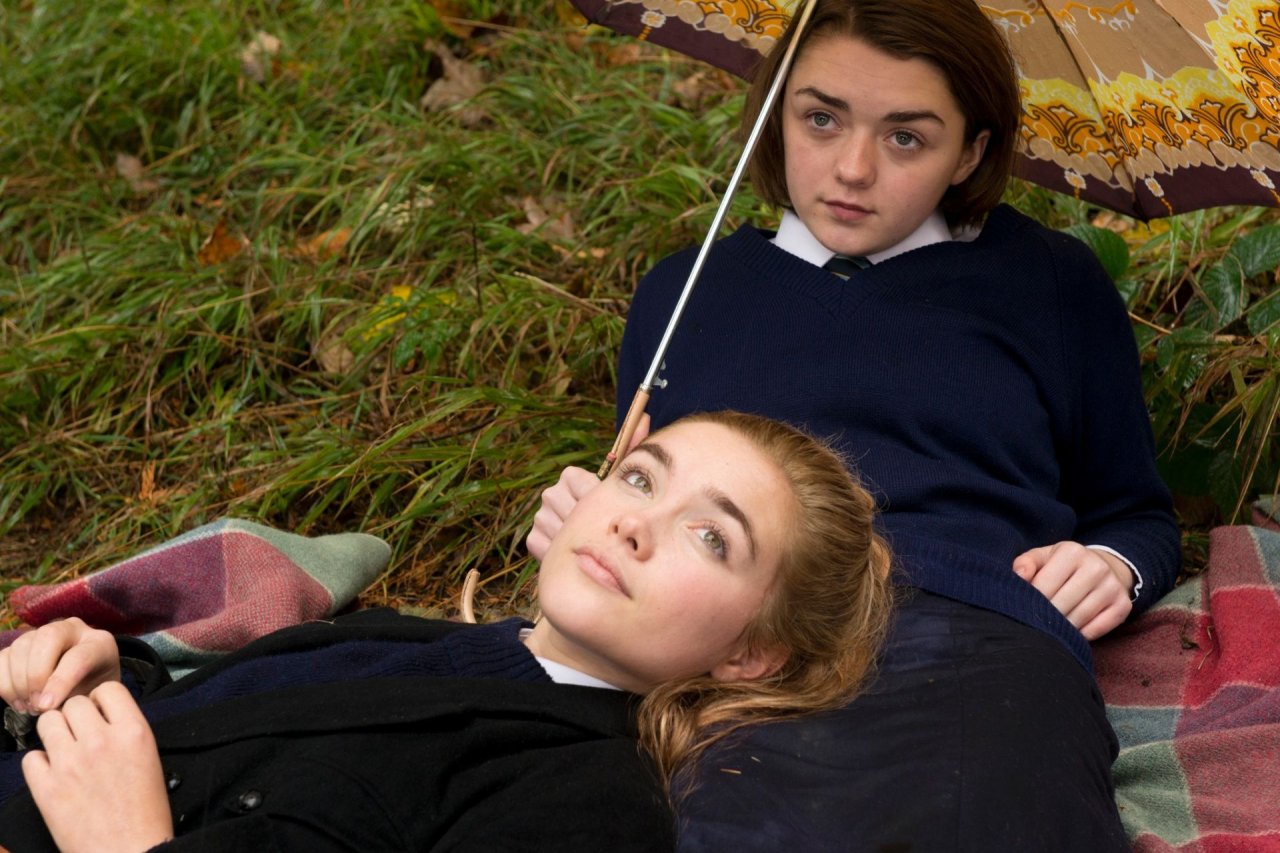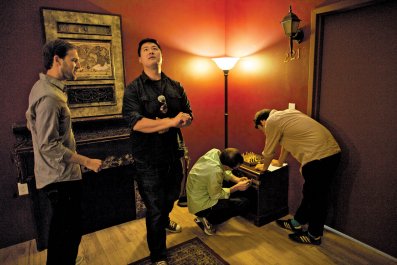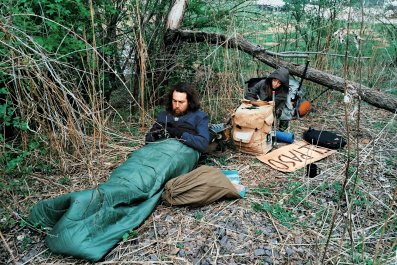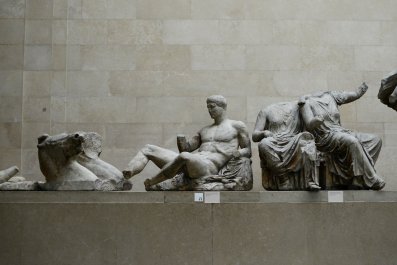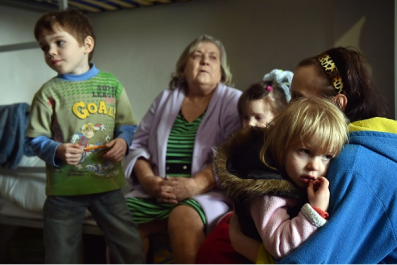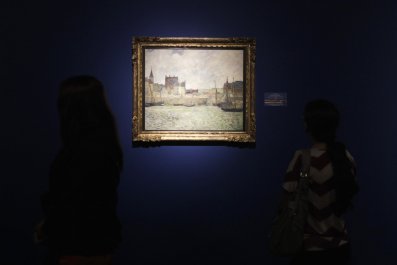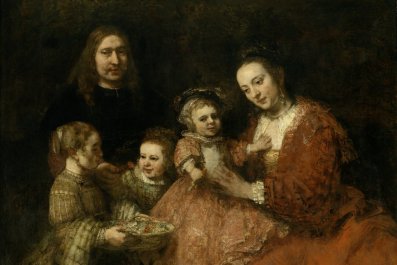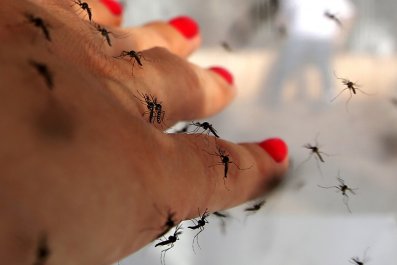It's Monday morning in an English girls' school in the late 1960s. A spinsterly type is about to address assembly on the subject of "accidents in the home" but before she has uttered a word, one of the pupils gets up, raises both arms and passes out. As she collapses on the cold floor, other girls, too, rise, convulse, and faint; within a few minutes the room is full of lifeless teenagers.
The epidemic in The Falling makes lessons impossible and the helpless teachers float theories from "they're making it all up" to the more outlandish diagnosis of "disordered womb". The malady is clearly centred on a supposedly female illness – hysteria, the late 19th century's most fashionable complaint. Fin-de-siècle sufferers developed alarming symptoms from uncontrolled laughter and high blood pressure to sudden dizzy spells. Doctors prescribed smelling salts, fresh air and high voltage electrotherapy. Puzzled by the illness, Sigmund Freud attributed it to "insufficient libidinal discharge".
Echoing the great Viennese psychotherapist, and thus juxtaposing 19th-century Vienna with 1960s Britain, the epidemic in The Falling, too, is linked to sex. It begins with the death of Abbie (Florence Pugh), the first girl in the class to sleep with a boy. When she realises she is pregnant, she confides in her best friend Lydia (Maisie Williams) that she is planning a secret abortion. Soon after, Abbie collapses in front of matronly schoolmistress Miss Mantel (Greta Scacchi); attempts to revive her fail.
In consequence, Lydia starts to develop the symptoms that will bring out a rebellious streak in her character, spread to others and create havoc in the school. She becomes aggressive, taking out her frustration about life and the universe on her mother: "Seeing you, I'm looking at the result of not being educated," she hisses.
Lydia's mother belongs to a generation of women who were conditioned to be submissive, a mere adjunct to men's lives. Being divorced knocked her self-esteem and drove her into isolation, a fate Lydia is determined not to share. As the narrative of The Falling progresses, the teenager despises her mother more, but also hates the society that has deformed her parent: "Kill the system, it's killing you," she proclaims to her fellow pupils.
The England depicted in Carol Morley's film is indeed well-aligned with Lydia's perception; it is as inspiring as cold custard. Schools are repressive, stiflingly old-fashioned and paralysed by stuffy rituals.
But while it may be true that the generation of 1968 had plenty to rebel against, it is hard to imagine the Britain of the time was quite so bad. The system wasn't really a bleak dystopia, nor were the schools as Dickensian as that in The Falling, and they did provide the opportunities other generations of women had been denied.
This grim image of Britain's schools in the postwar decades may be inspired by boarding schools, bywords for rigour, cold baths and guilty homosexuality. Yet few children ever saw one of these expensive schools from the inside. And the pupils' suffering may have been exaggerated in hindsight .All of that had little to do with a small-town girls' grammar as shown in The Falling. The film feels clichéd, not quite delivering on its unusual premise. Irritating music and mannered sequences of tree-hugging don't improve matters.
Nevertheless, The Falling has intense, disturbing moments, such as when Lydia, shaking from head to toe, seduces her own brother, as if to prove her own theory that "something here is seriously wrong".
Sickness and celluloid
Epidemics of weird and dangerous diseases can make good movies – from Terry Gilliam's 12 Monkeys to Petersen's Outbreak. Unlike the deadly infections of those movies, the link in The Falling between illness and repressed sexuality would have delighted Freud's contemporary Arthur Schnitzler. The Viennese playwright and novelist wrote the story on which Stanely Kubrick's fantastical Eyes Wide Shut is based, and was keenly aware of the disastrous effects a strict moral code can have on the psyche. Plays like Reigen (La Ronde) pushed back against Victorian morality and its characters live out their sexuality unashamedly.



